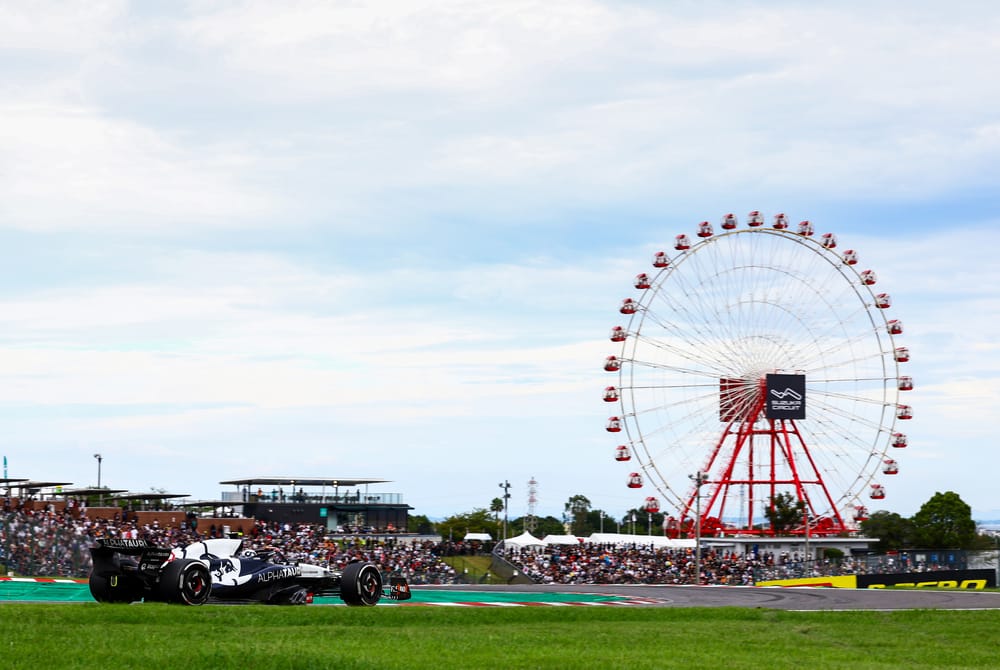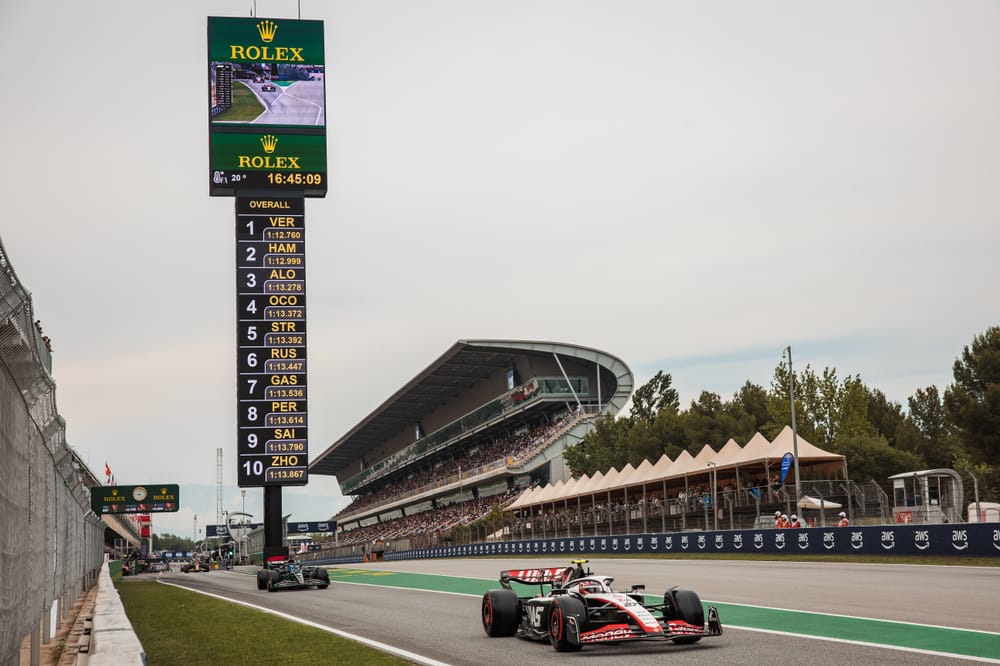Up Next

One of Japan’s biggest cities has emerged as a prospective Formula 1 host with a potential new street track, as Suzuka enters the final year of its current contract.
Osaka, Japan’s third-biggest city behind Tokyo and Yokohama, is seriously exploring the possibility of hosting a grand prix.

Its tourism board first communicated its ambitions in early January and a press conference was held on Tuesday this week that reaffirmed an intention to bid for an F1 race.
A potential Osaka race would likely take place on city streets as this would best fit a privately-funded but publicly-supported business model, although a purpose-built circuit has not been ruled out.
Osaka officials claim to have been discussing the matter for almost two years and that there is local authority support as long as the funds can be raised privately to secure a long-term deal.
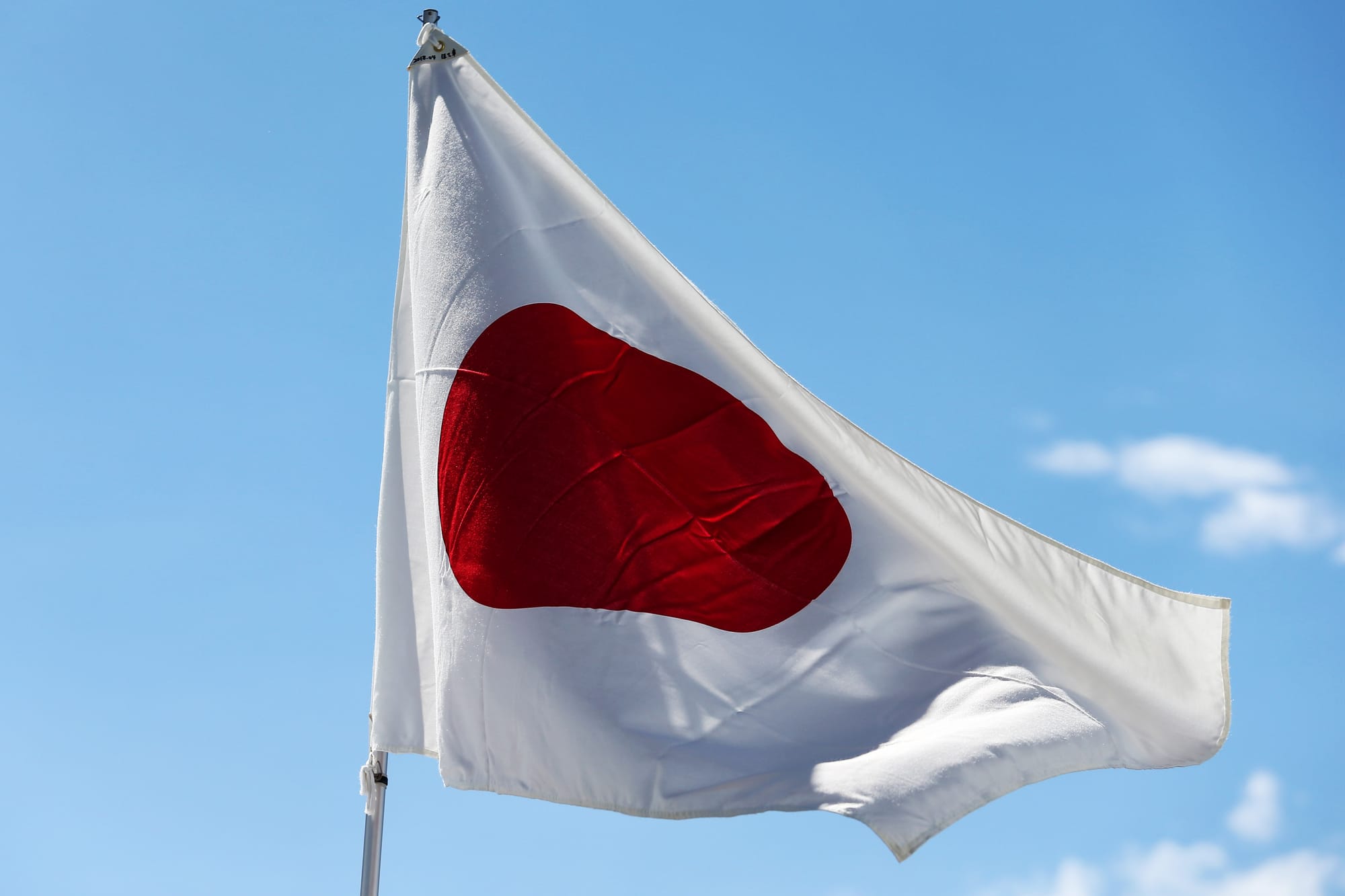
The argument being made is a familiar one, as it is believed a grand prix would have a big impact on Osaka tourism, attract visitors from Europe, the US and Australia, and encourage for other events to be held around the race itself.
Officials have been emboldened by a visit to the Singapore Grand Prix to witness how such a city race works first-hand.
However, specific plans do not appear to have been fleshed out and it is unclear if this has gone that far beyond a publicly-stated interest, especially as F1 is believed to be preparing a new contract for Suzuka to host the Japanese Grand Prix.
Suzuka, one of F1’s oldest and most beloved circuits, has hosted all but four editions of F1’s Japanese Grand Prix.
The track is owned by Honda and remains a firm driver, team and fan favourite, especially as the number of new tracks and street circuits seems to be exponentially rising.
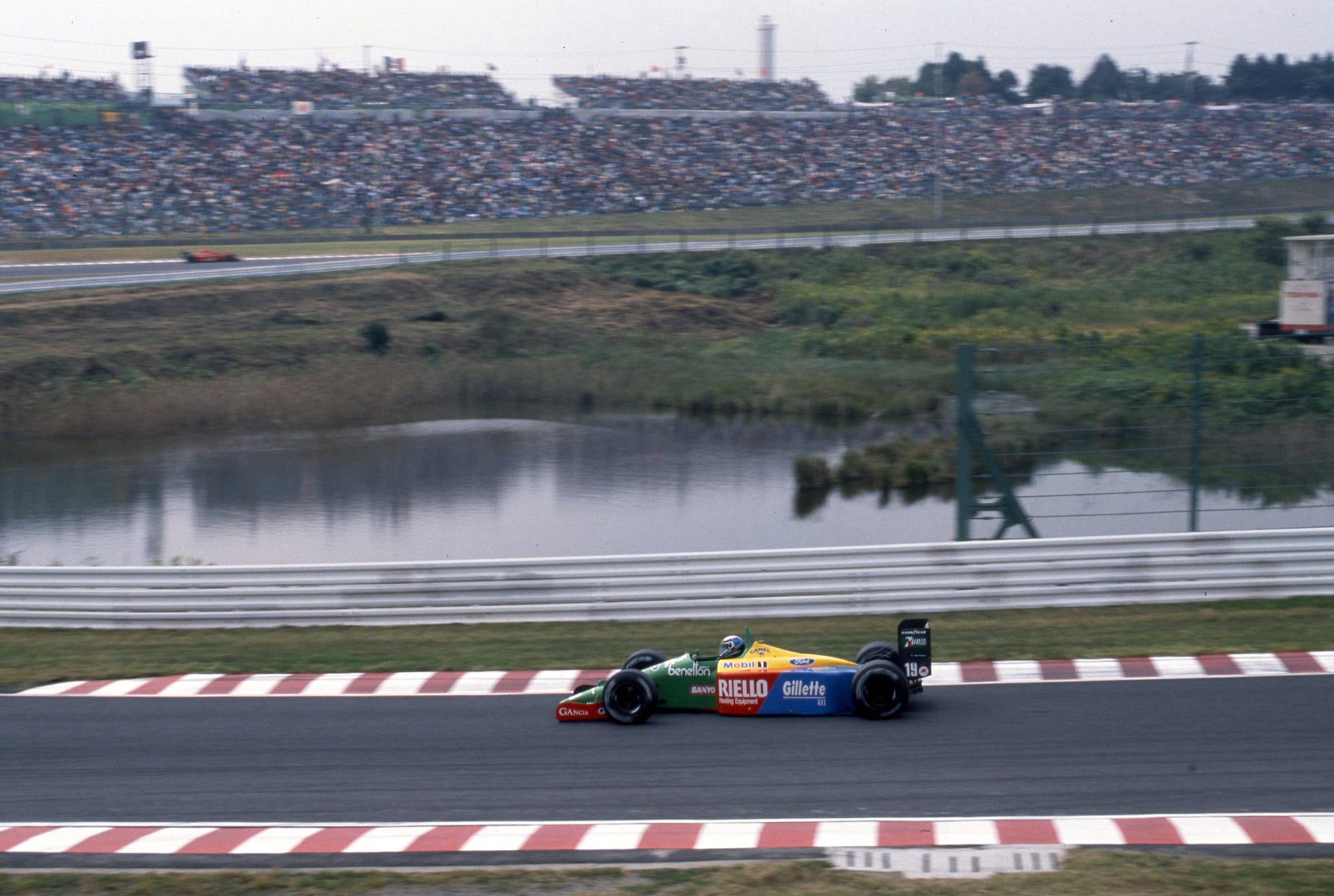
Suzuka has been a near ever-present since its first race in 1987, with its run only disrupted by the two years it lost the race to Toyota-owned Fuji in 2007-2008 and two more years from 2020 to 2021 that the race could not be held at all because of the COVID-19 pandemic.
Suzuka's current contract expires after the 2024 race but the expectation is that it will get a new contract for 2025 onwards.
F1 has tended to favour longer-term deals in recent years, although that has also coincided with either the addition of high-paying races or the renewal of lucrative and/or state-backed existing ones. A medium-term renewal would seem more likely for Suzuka.
Suzuka organisers would not remark upon the prospect of a new F1 deal but a spokesperson said they are aware of the Osaka F1 project although have “no comments on that”.
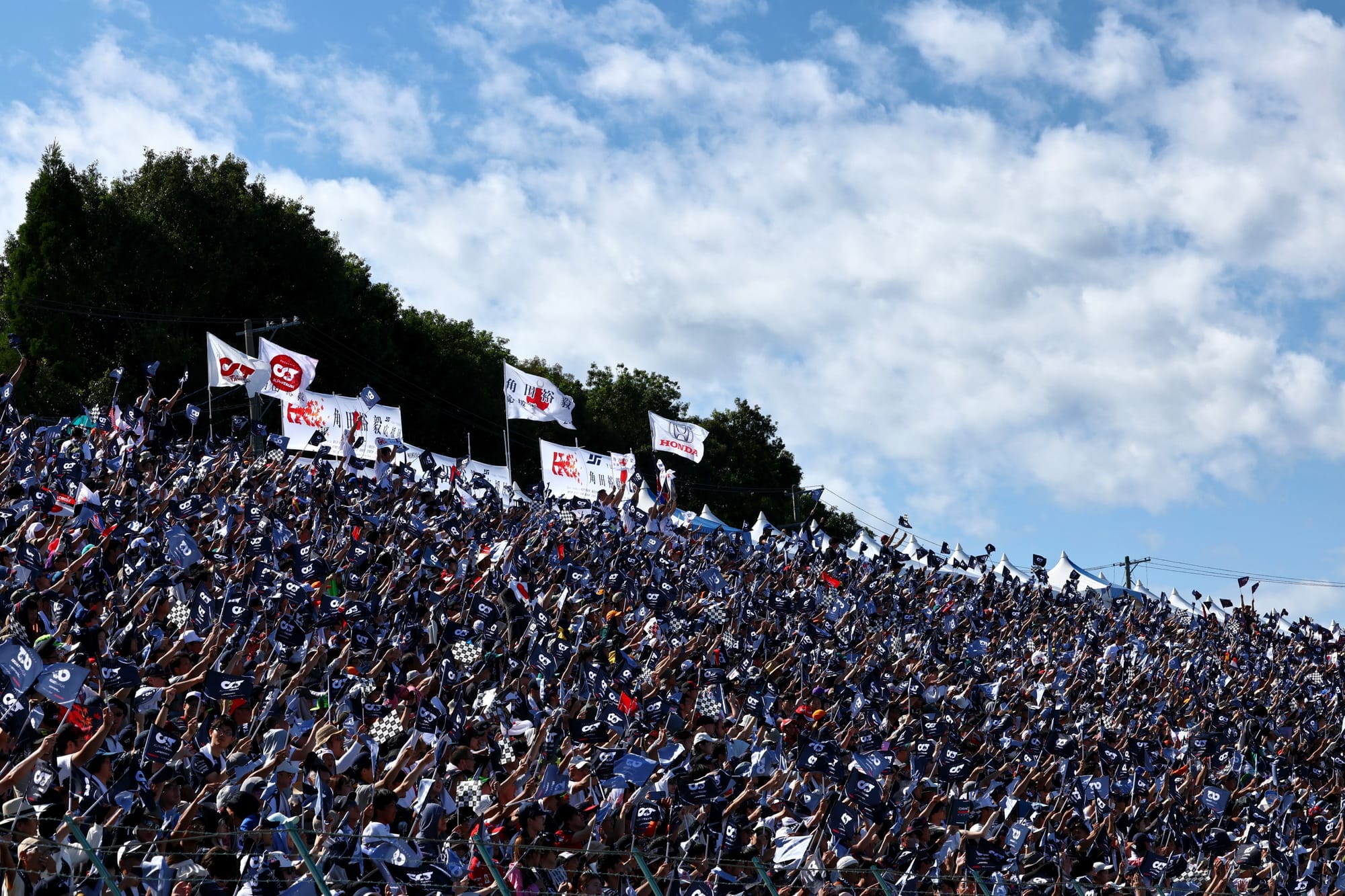
“But we will do our best to prepare for the 2024 Japanese Grand Prix for the fans that are looking forward to it”, they said.
“And we are determined to continue our efforts together with the local community so that Suzuka Circuit will continue to be loved by fans all over the world and contribute to the prosperity of the motorsports culture and industrial development.”
Boosting the likelihood of a new Suzuka deal is how inconceivable it is that a brand new Osaka street race, let alone one at a new permanent facility, could be ready to take over the Japanese Grand Prix in 2025.
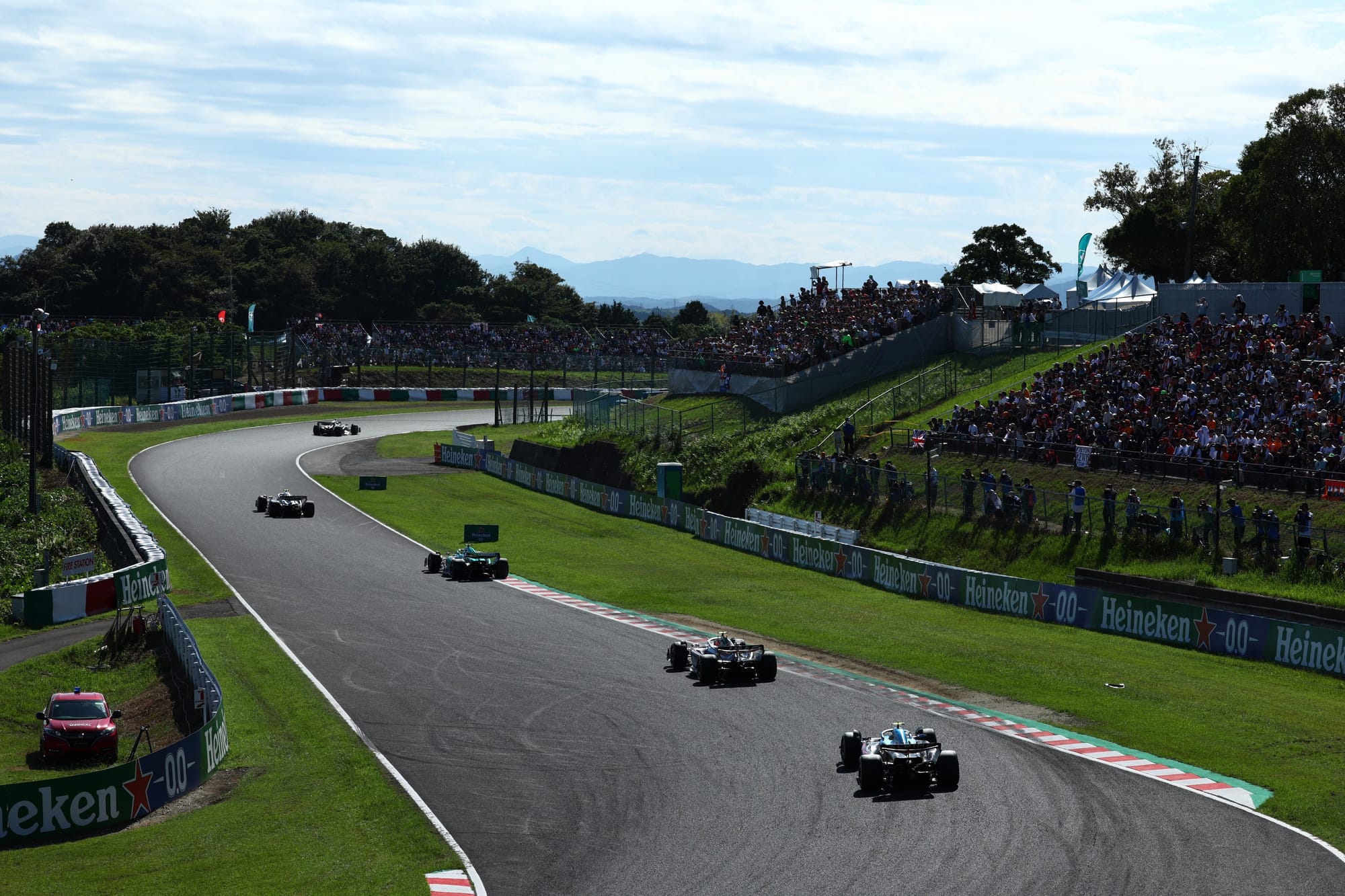
That fact has even been admitted in Osaka, where it is conceded that it would be difficult to host an F1 race in the same year as Expo 2025, the upcoming World Expo event that will be held in the city.
That is already courting controversy in Japan, in no small part due to the cost having increased significantly beyond the original estimated budget.
Still, those behind Osaka’s F1 interest hope that – should it prove feasible – the race would happen as soon as possible. That would presumably need to be agreed after Suzuka has been awarded a new contract that could run several years.
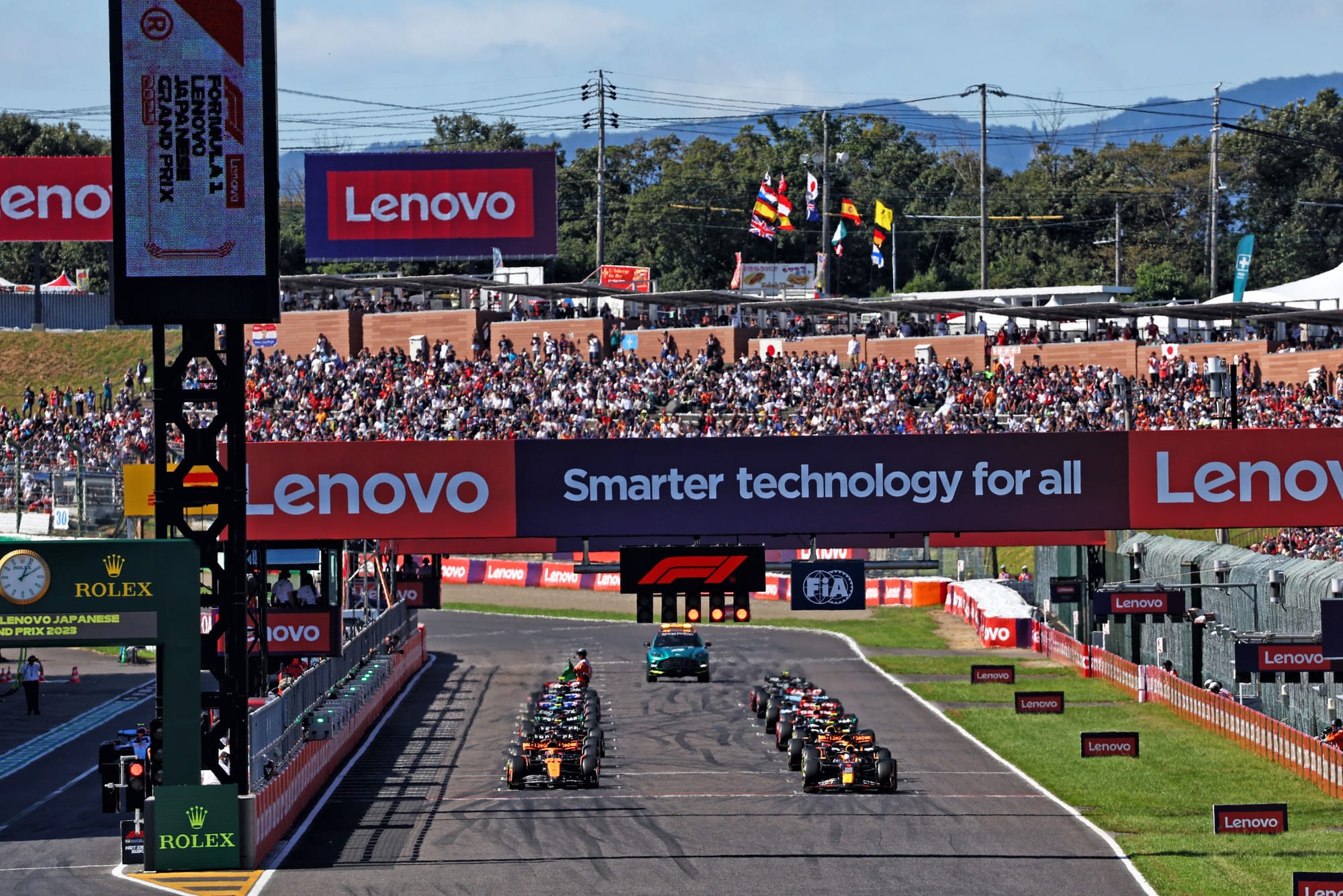
One suggestion is that the race could exist in tandem with Suzuka, giving Japan two grands prix to reflect its status as one of the world’s biggest automotive nations with a big motorsport history.
There are also national Japanese interests in F1 at the moment. Honda's current success in F1 with Max Verstappen and Red Bull makes it hugely popular, and its participation is guaranteed as it has agreed to move its works engines to Aston Martin for 2026 and beyond. There is a Japanese driver on the grid too in Yuki Tsunoda, although his long-term future is unclear.
However, much like the situation in Spain where a new Madrid race will be held from 2026, the year that Barcelona’s current deal expires, it is unlikely that one country – outside the United States, given its size – will host more than one race per season in the long term.
An Osaka-Suzuka combination is also likely to be undermined by their proximity, given they are less than 100 miles apart, and that always risks the races cannibalising one another.


